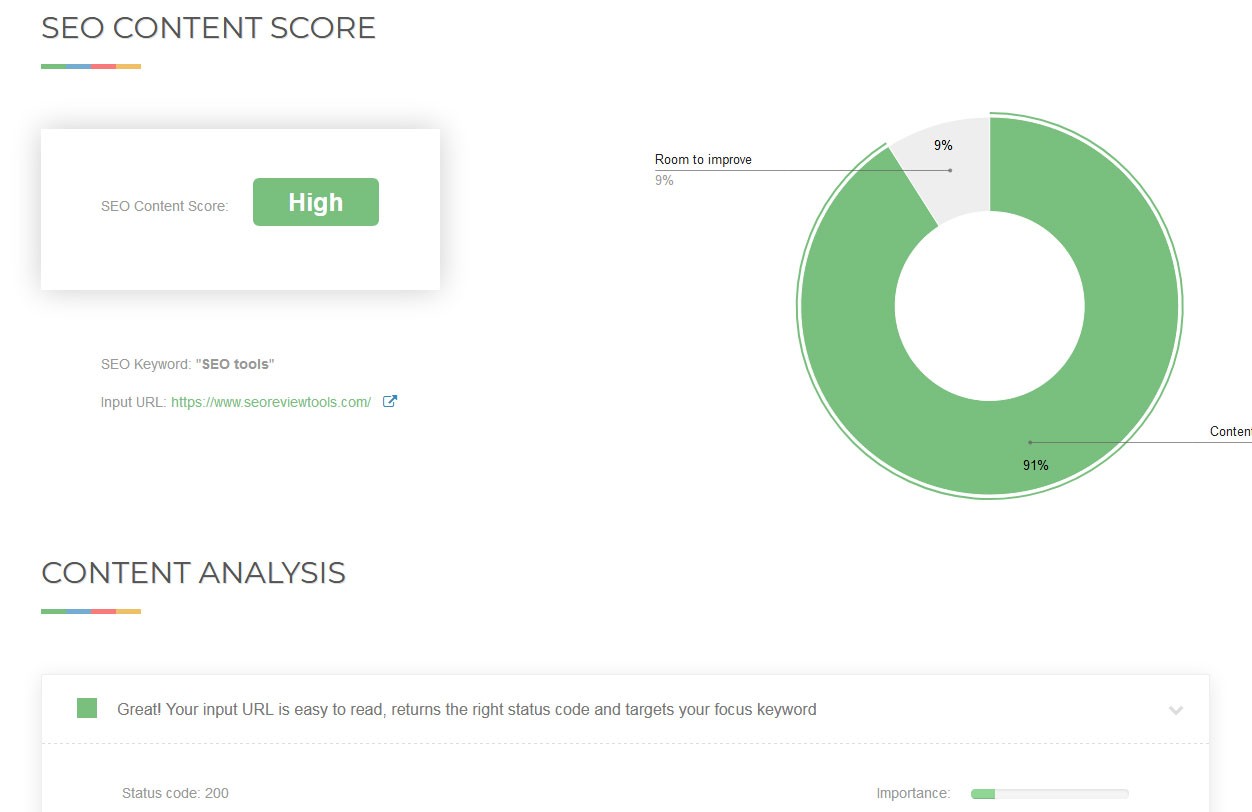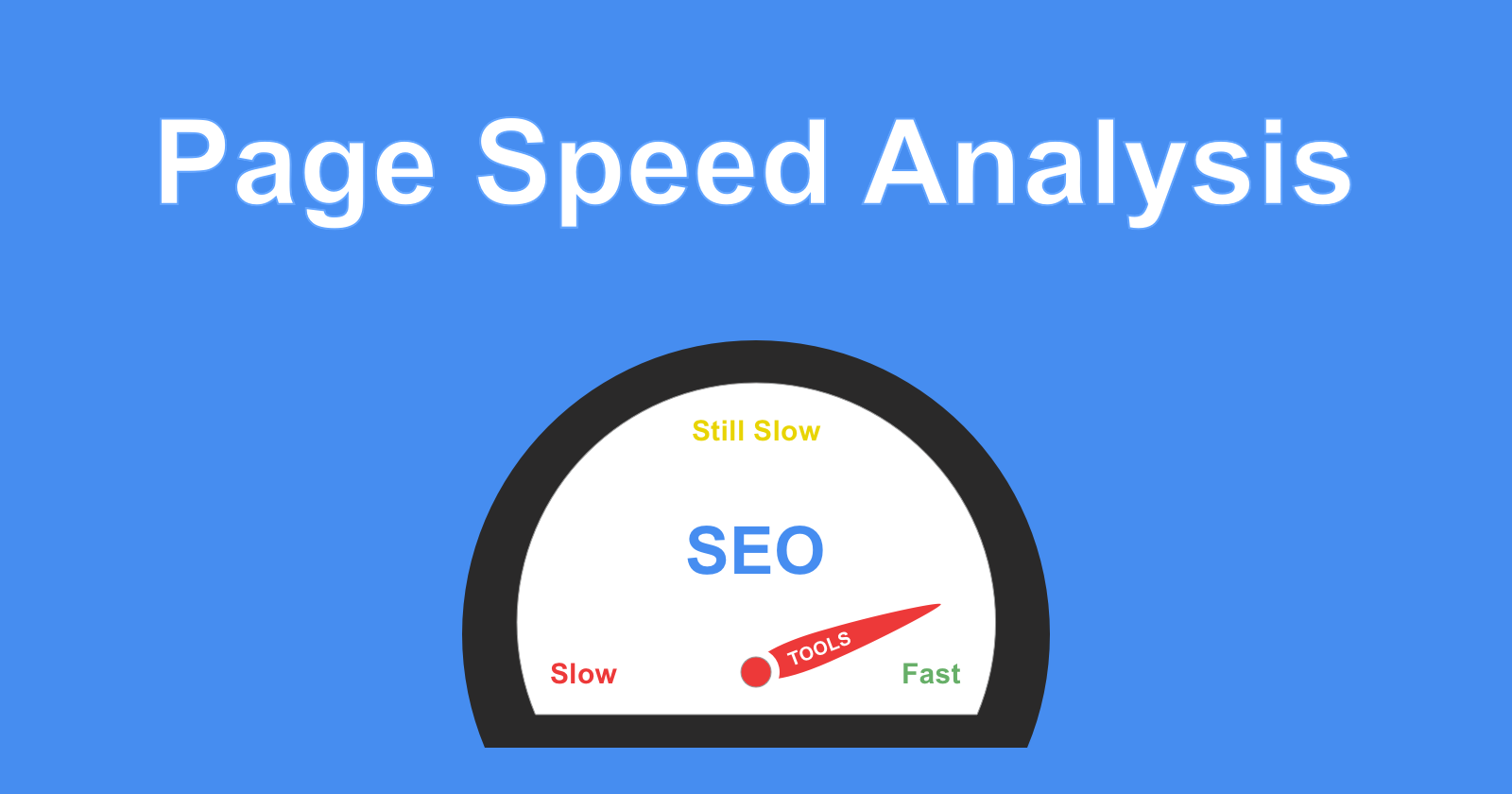

If you’re a publisher who is already clued up on keyword optimisation and content refinement for SEO, one element of your content you should start analysing is the level of insight provided by your article. What makes either of these types of metrics more important will depend on whether you are in a stage of creating a new piece of content, or developing an existing piece. From ‘optimisation’ scores offered by various SEO software in their content editors, to the metrics available in analytics software which can give key indicators for content performance i.e bounce rate. There are a variety of helpful metrics for measuring content quality. For example, if you offer banking software, your articles and keywords will be related to the financial industry, fintech trends, etc. That’s why SEO content is always dedicated to a specific topic and is generously enriched with relevant keywords.

The primary task of any SEO materials is to promote your business and power your marketing campaigns. SEO content includes blog posts, articles, case studies, white papers, and any text with keywords you add to your website pages. Proper SEO content optimization immediately give a signal to Google to move you up in search engine results, drives customer engagement and boosts sales. A keyword analysis is a great way to know the focus of your content and understand who it might interest. SEO analyzer help you identify the quality of tnew content and offers tips to improve SEO metrics. Those who ignore real-time content analysis will have lower search rankings and fewer website visits. Optimized content ranks better in Google.


The free SEO content analysis tools save you from such failures. As a result, your new content will rank poorly and never attract the expected readers. They will detect SEO issues, like keyword stuffing, meta descriptions, missing tags, etc. Even when you think your newly written article is perfect and generously packed with keywords, Google Search bots may treat it differently.


 0 kommentar(er)
0 kommentar(er)
